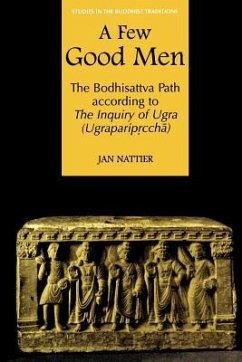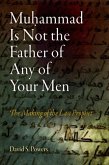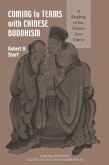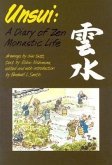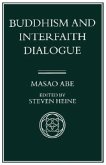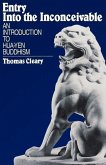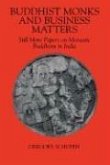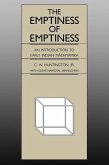The Inquiry of Ugra (Ugrapariprccha) is one of the most influential Mahayana sutras, preserved and transmitted in both India and China over many centuries and actively quoted in treatises on the bodhisattva path. It is, nevertheless, one of the most neglected texts in Western treatments of Buddhism. The Ugra appears to be one of the earliest bodhisattva scriptures to come down to us, and as such it offers a particularly valuable window on the process by which the bodhisattva path came to be seen as a distinct vocational alternative within certain Indian Buddhist communities. A Few Good Men is a study and translation of the Ugra that will fundamentally alter previous perceptions of the way in which Mahayana was viewed and practiced by its earliest adherents. To achieve a better understanding of the universe of ideas, activities, and institutional structures within which early self-proclaimed bodhisattvas lived, the author first considers the Ugra as a literary document, employing new methodological tools to examine the genre to which it belongs, the age of its extant versions, and their relationships to one another. She goes on to challenge the dominant notions that the Mahayana emerged as a "reform" of earlier Buddhism and offered lay people an "easier option." On the contrary, the picture that emerges is of the early Mahayana as a more difficult and demanding vocation, initially limited to a small contingent of monastic males. Combining a detailed critical study and translation of an important Buddhist scripture with a sweeping reexamination of the relationship between the Buddha and the practitioner of early Mahayana, A Few Good Men will be compelling reading for scholars andpractitioners alike and others interested in the history of Indian Buddhism and the formation of Mahayana.
Hinweis: Dieser Artikel kann nur an eine deutsche Lieferadresse ausgeliefert werden.
Hinweis: Dieser Artikel kann nur an eine deutsche Lieferadresse ausgeliefert werden.

